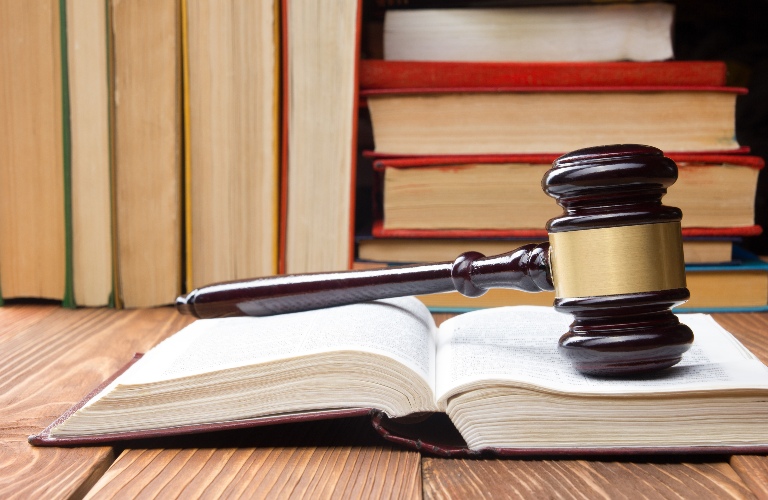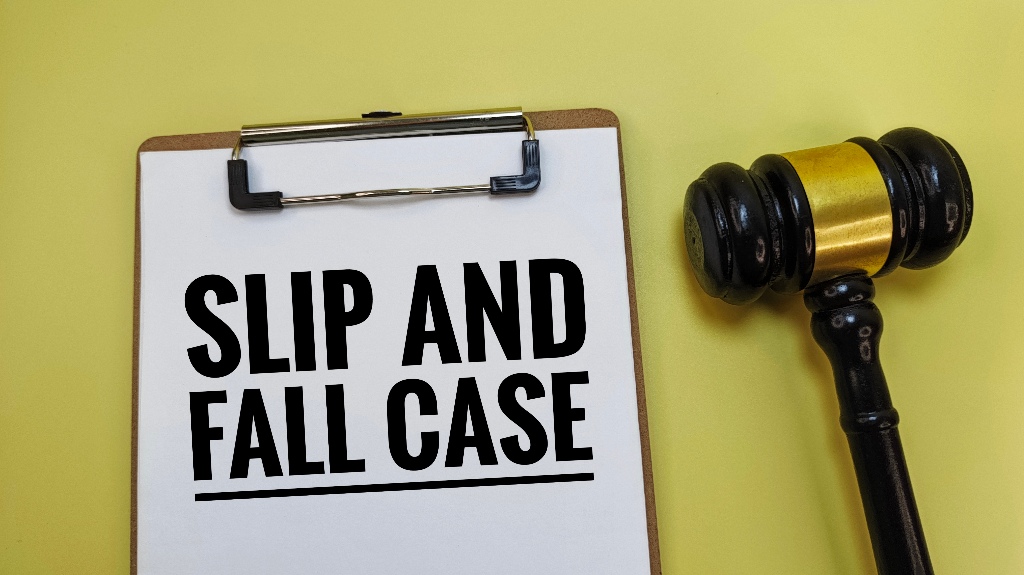Do Illinois Courts Treat Slip and Fall Cases at Apartment Complexes Differently?
You are walking through your apartment building on a winter morning. The stairwell seems slick, or maybe the entryway mat is missing. Suddenly, you lose your balance and hit the ground hard. In that painful moment, you might not be thinking about lawsuits or liability, but later the questions come. Who is responsible, and does the fact that it happened at an apartment complex make your case different in court? The short answer is yes, these cases often involve unique legal issues. If you or a loved one has been injured in a slip and fall at an apartment building, Attorney Michael J. Brennan offers free consultations to explain your options and help you pursue the compensation you deserve.
How Illinois Premises Liability Law Applies to Apartment Complexes
Slip and fall cases in Illinois are generally governed by premises liability law. Property owners and managers have a duty to keep their premises reasonably safe for lawful visitors. This includes fixing hazards in a timely manner, warning tenants about dangers, and maintaining common areas like hallways, sidewalks, and staircases.
In the context of apartment complexes, things get more complicated because tenants are not just visitors. They live on the property, and landlords owe them a continuous duty of care. This duty extends to common areas that the landlord controls. For example, if the landlord fails to clear ice from the parking lot or ignores a broken handrail in a stairwell, they may be held responsible when someone is injured.
Why Slip and Fall Cases at Apartments Are Treated Differently
Unlike accidents at a store or restaurant, slip and falls at apartment complexes often raise questions about who controls the area where the injury occurred. Was it a tenant’s private space or a common area under the landlord’s responsibility? Illinois courts carefully examine this distinction.
For instance, if you trip on clutter inside another tenant’s unit, the landlord may not be liable because that space is not under their control. On the other hand, if you fall on an icy walkway leading to the building, that is typically a landlord’s duty. Courts look at lease agreements, maintenance responsibilities, and the landlord’s knowledge of the hazard when deciding liability.
Another reason these cases differ is that courts consider the relationship between the tenant and the landlord. Because tenants rely on landlords to maintain safe living conditions, judges often scrutinize whether the landlord acted reasonably in preventing foreseeable accidents. That higher level of responsibility can make apartment complex slip and fall cases more favorable for injured tenants compared to other premises liability claims.
Common Hazards That Lead to Apartment Slip and Fall Claims
Slip and fall cases at apartment complexes often arise from recurring hazards that landlords could have prevented. Some of the most common include:
- Icy or snowy sidewalks that were not cleared in a reasonable time
- Poorly lit stairwells or hallways
- Loose carpeting or damaged flooring in shared spaces
- Broken steps, handrails, or uneven surfaces
- Water leaks or spills in laundry rooms or lobbies
In many of these situations, landlords either knew or should have known about the hazard. Illinois courts will ask whether the landlord had actual notice or constructive notice, meaning they should have discovered the danger through regular maintenance and inspections.
What Tenants Should Do After a Slip and Fall at an Apartment Complex

If you are injured in a slip and fall, the steps you take afterward can make a difference in your case. Seek medical attention right away, even if your injuries seem minor at first. Report the incident to the property manager or landlord in writing. Take photos of the hazard before it is repaired or removed, and gather the names of any witnesses who saw your fall or the dangerous condition.
These actions create a clear record that can support your claim. Courts in Illinois weigh evidence carefully, and the more documentation you have, the stronger your case becomes. An experienced attorney can also help investigate whether the landlord had prior complaints or maintenance records showing they ignored the problem.
Protecting Your Rights After a Slip and Fall in Illinois
Slip and fall accidents at apartment complexes are not treated the same as other premises liability cases. Illinois courts recognize the special duty landlords owe to tenants and pay close attention to whether that duty was breached. If you were hurt because your landlord failed to maintain safe conditions, you may be entitled to compensation for medical bills, lost wages, and pain and suffering.
Attorney Michael J. Brennan has decades of experience fighting for injury victims and understands the complexities of landlord-tenant cases. Do not let your landlord or their insurance company minimize your injuries. Contact Michael J. Brennan today for a free legal consultation and let him help you protect your rights and pursue the recovery you deserve.


